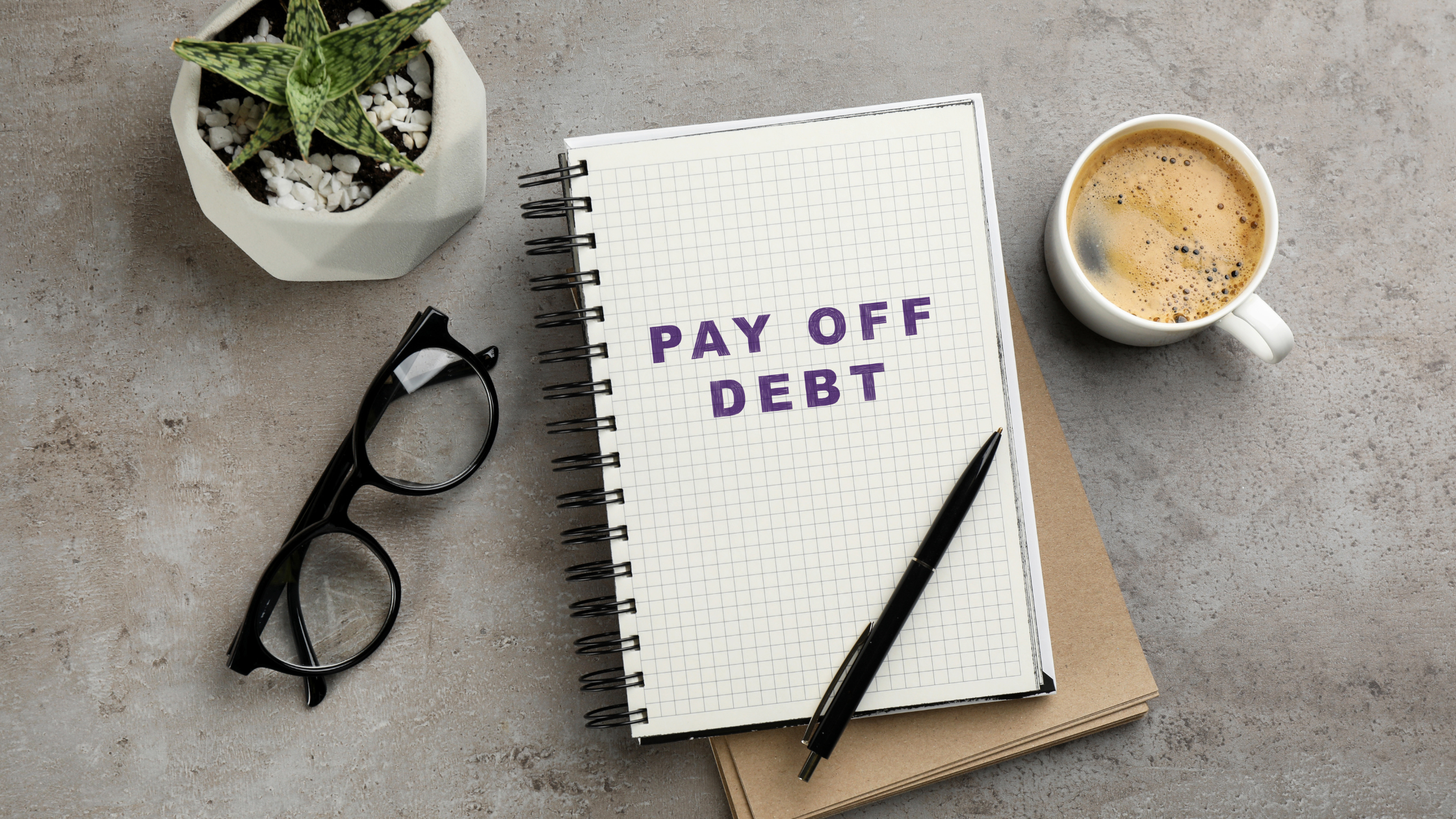What is debt consolidation?

If you have many different debts and are worried about repaying them monthly, debt consolidation is for you. Debt consolidation loans can consolidate your existing debt into a more manageable monthly payment.
What is debt consolidation?
Debt consolidation is when a borrower has existing debts and liabilities and wishes to borrow the same equivalent amount to repay those debts and replace them with a single repayment.
Multiple debts are then replaced with one new, larger yet more manageable debt. The new debt typically offers borrowers a lower interest rate and a smaller monthly repayment amount.
Borrowers use debt consolidation to manage different types of debt, including credit card debt, student loan debt, and existing personal loan debt. Usually, debt consolidation loans are unsecured.
How debt consolidation works
If you have balances on credit cards, store cards, car hire agreements, overdrafts, and loans, you probably make several monthly repayments at different rates and amounts. A debt consolidation loan helps borrowers consolidate their debts into one monthly repayment at a fixed rate.
Debt consolidation can be imperative if borrowers are searching for ways to reduce not only their cost of borrowing but also remove the stress of calculating their monthly budgets that are used up to repay various debts on different days of the month.
Debt consolidation is about repaying all existing debt and then only paying one lender one amount each month.
Because borrowers only pay one amount from one lender each month, compared to paying back several debts, the monthly repayments are typically less than paying 4-5 debts at once, allowing borrowers to use the additional amount saved for other purposes, like saving or paying off other debt.
3 reasons to consolidate your debt
If debt consolidation appears attractive to you, then before consolidating, it is crucial you consider which of the following is the most vital for you:
1# Decreasing the overall cost of borrowing
Borrowing from several lenders at varying interest rates means the amount you owe can become astronomical. Consolidating debt means only one interest rate, typically lower than your many debts.
2# Reducing your monthly repayments
Having only one debt with a more favourable interest rate means that the borrower’s monthly repayments are lower, aiding them in freeing up funds to save or pay off other debts not covered by the loan.
3# Placing all of your existing debts into one monthly payment for convenience
Multiple debt repayments mean multiple payment dates. Ensuring you repay your debts is vital for maintaining a positive credit score. Failing to do so will cause difficulties when attempting to obtain credit in the future. Consolidating debt means only one payment, removing the stress of remembering to pay each month.
Debt consolidation loans can be much cheaper and easier to repay each month than credit cards, and they provide a clear payment structure for when to pay and when the amount will be cleared.
Sadly, those with a bad credit score probably won’t receive a competitive loan interest rate. A possible alternative is to consider joining a credit union or taking out a payday loan. For many, these are welcome options.
Those with an adverse credit rating could still be accepted dependent on which credit reference agency the lender chooses to use.
Hence, before making an application for a debt consolidation loan, it is probably a good idea to verify your credit scores with several credit reference agencies first to discover whether you are likely to be accepted or not.
Knowing which lenders will have given a favourable score will determine which ones you should apply to, increasing your chances of being approved for a debt consolidation loan.
What if I cannot stop spending?
Traditional debt advice states that you should ‘never borrow your way out of a debt problem’. However, this ignores the differing cost of different debts.
If it’s likely that borrowing elsewhere more cheaply will replace existing borrowing, then lower interest rates or reduced monthly repayment could mean more of your money is put towards repaying the debt instead of the lender’s interest and fees.
The point here is never to borrow more to get out of a debt problem.
Debt consolidation loans then, are ideal if you can decrease your spending habits; by reducing your expenditure, you are setting yourself up for when you have finally repaid your debt so you will not need to borrow again afterwards.
With a debt consolidation loan, you should never borrow more than the debt amount, as you are then getting further into debt, even if you desperately want to go on another holiday!